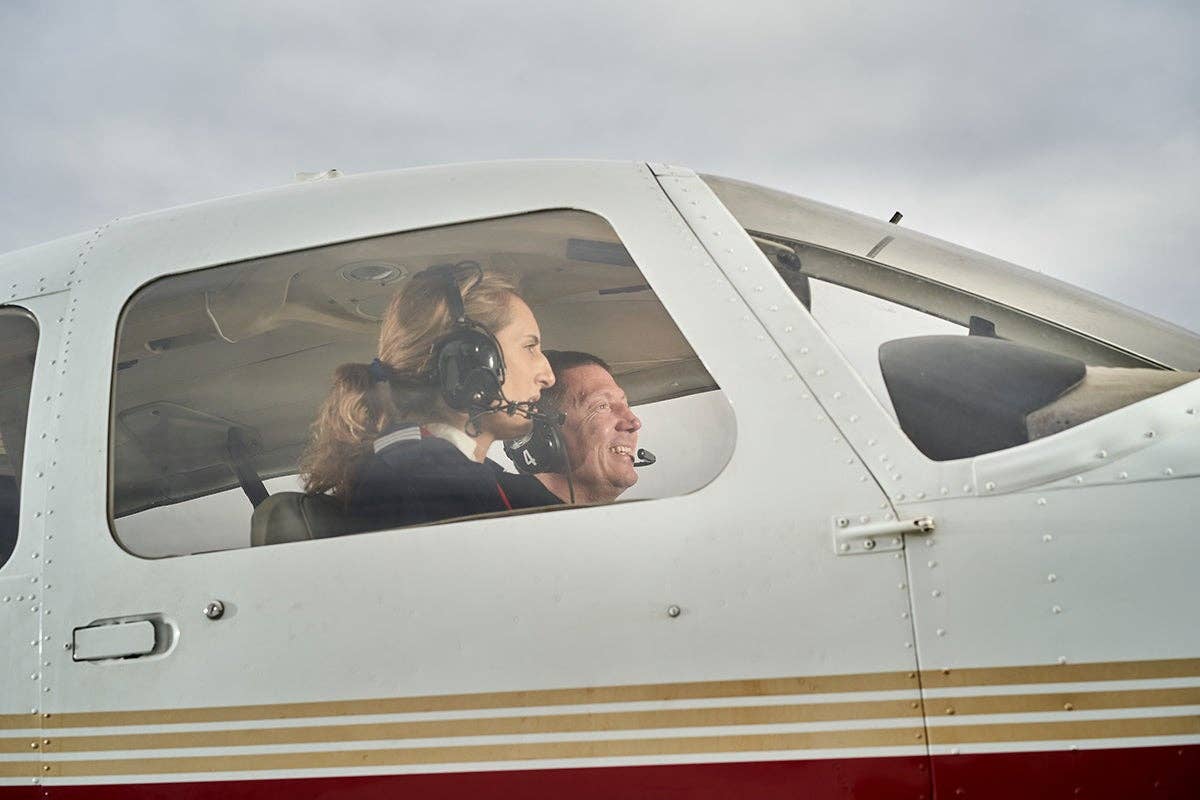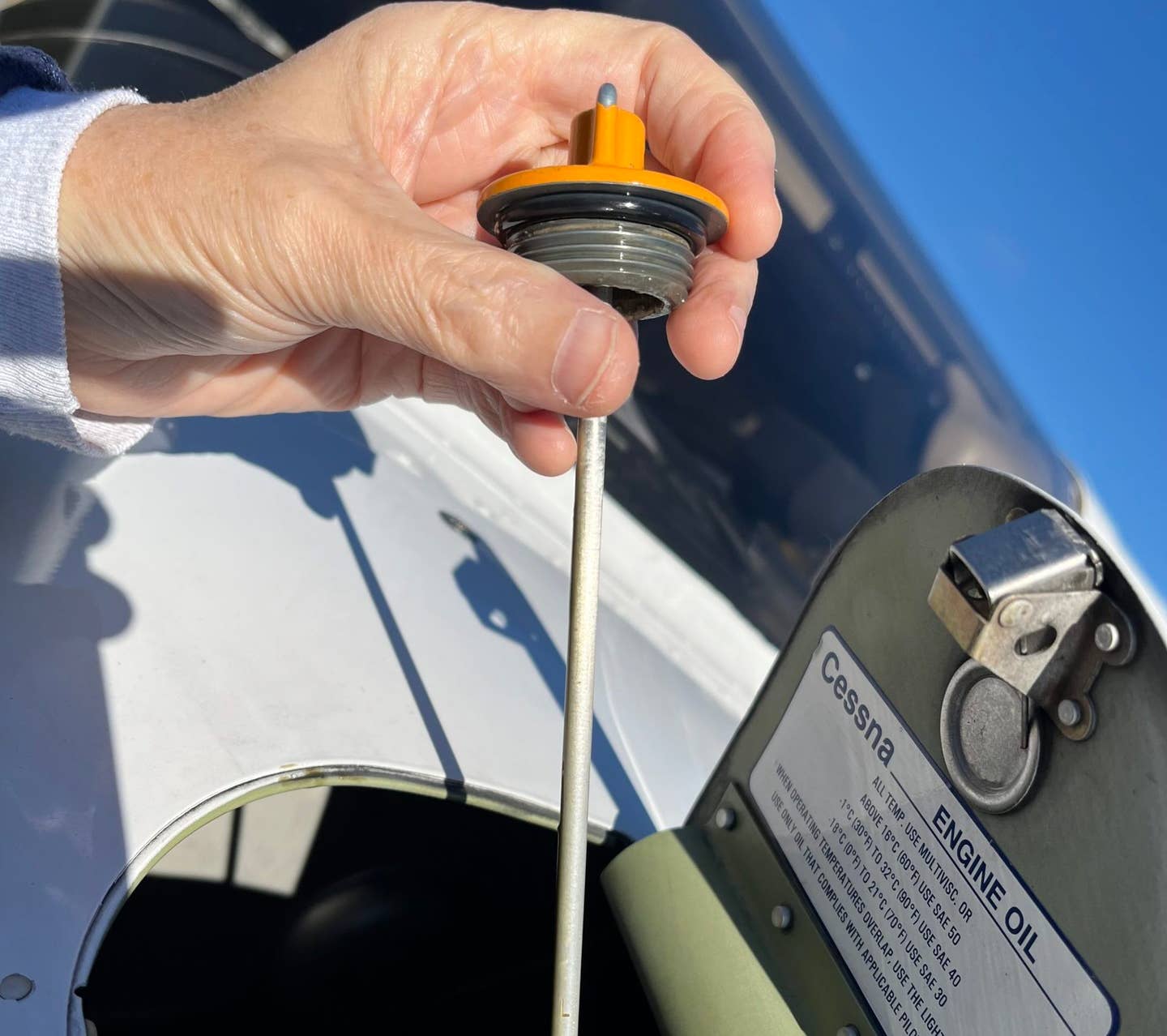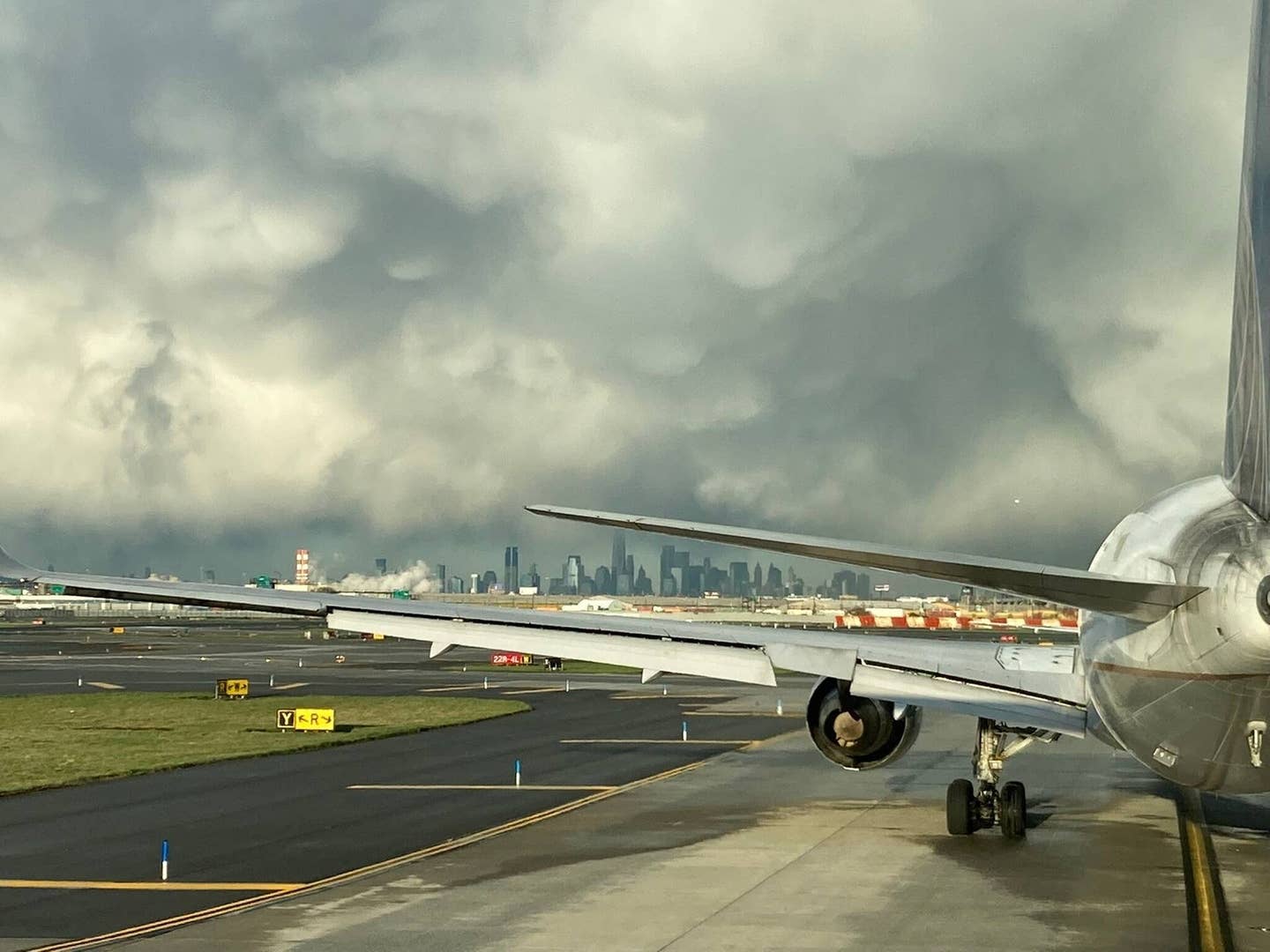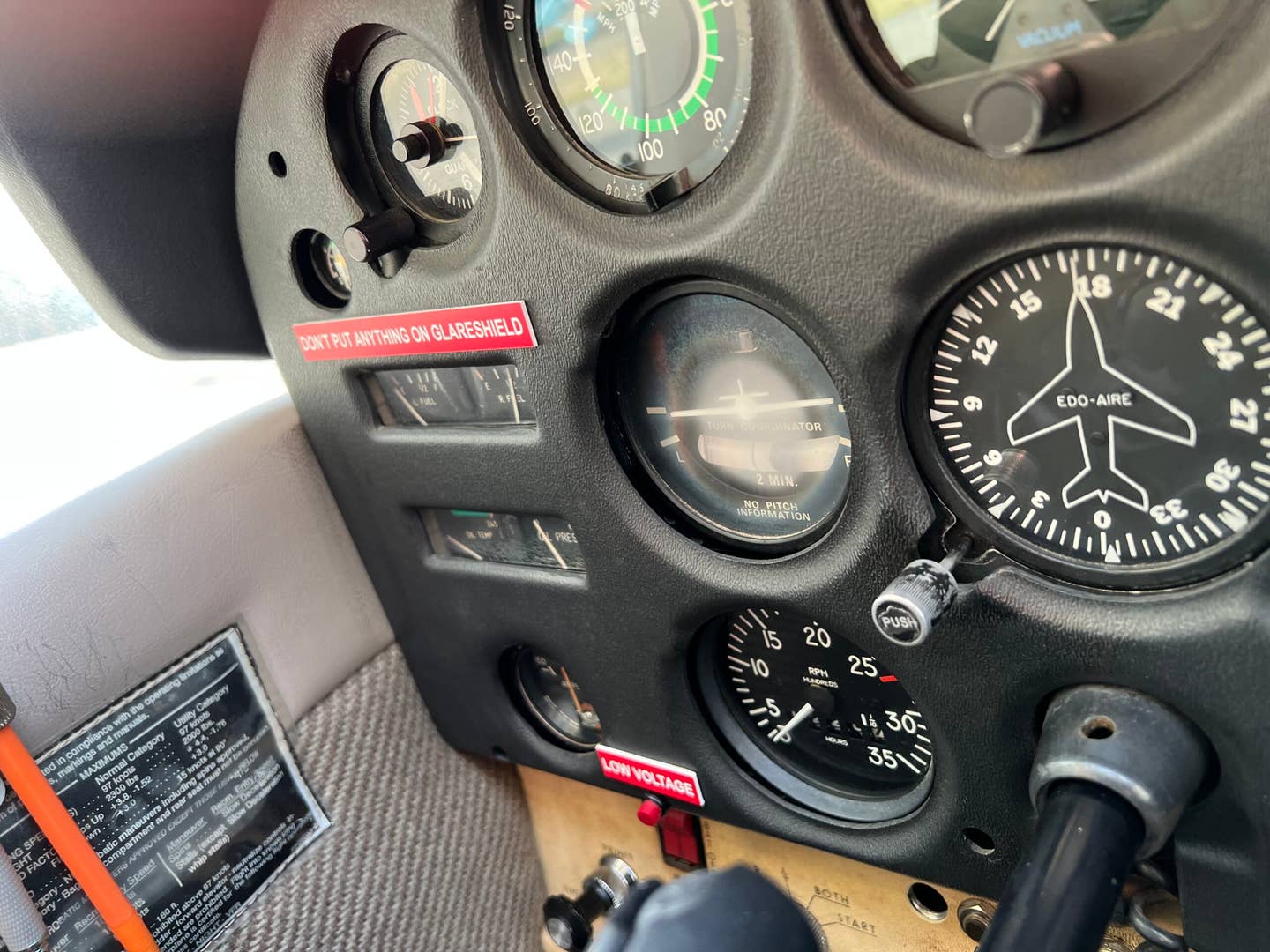
Several readers responded to my posting last week on the phrase "Over and Out." Brian Long suggested that "Over and Out" could be appropriate, after all. For instance, Brian suggests, when the conversation is ready to end: "Both parties should sign off, so the first party provides '(callsign) over and out' to indicate his/her signing off and waiting for the second party to sign off. The second party then only needs '(callsign) out.'" "Over and out" from the first party means "over: to you for a response," and "out" means, "and after I hear it, I'll be gone."
Maybe, but I'm not convinced.
As to my question on when it might be appropriate to use the term, "Out" in today's air traffic control environment, Mathew Gavronksi wrote, "Easy — Departing Class B or C airspace while VFR." ATC usually hands an aircraft off or suggests a follow-up frequency, but if not, it is indeed appropriate to respond to the "radar service terminated, squawk 1200" call with: "Cessna 1234, out."
Two readers, Bill Earls and William "Bubba" Vaughnn, suggested using "Out" when closing off an airborne conversation with Flight Service, especially when it looks like it could be a challenge to comply with a promise to return to another controller within a promised five minutes. Bubba discussed a particularly "loquacious" FSS lady who was delivering a wealth of helpful information to one of his students who "…looked at me plaintively with a 'How do I end this?' expression." Bubba suggested, "Appreciate all the information, ma'am. You have a wonderful evening, and Cessna XX-X-ray out!"
A bit more disturbing was Francis Landonne's suggestion:
"Mayday. Mayday. Mayday. I am at 500 feet and spiraling into the ground — out!"
And finally, the very subject of good radio phraseology touched a button with PilotEricB, who commented online:
"As long as you are on the subject of incorrect radio phraseology, you would do well to fight against the ongoing use of "any traffic in the area, please advise." Despite being explicitly mentioned in the AIM [Aeronautical Information Manual] as an unacceptable practice, it continues to live on in the transmissions of lazy pilots who expect everyone in the area to be using a radio."
Point well taken. Inbound to a non-tower field with Unicom, best practice is to listen up on the frequency ASAP for any traffic calls to get the lay of the land, announce your intention to enter the pattern with plenty of lead time, AND THEN always assume there are non-radio aircraft in the pattern, or pilots who are not hearing your calls for a variety of reasons. Counting on "any traffic" to alert you to its presence will someday lead to an unpleasant encounter.
Call to action: If you have any tips of your own you'd like to share, or have any questions about flying technique you'd like answered, send me a note at enewsletter@flyingmagazine.com. We'd love to hear from you.

Sign-up for newsletters & special offers!
Get the latest FLYING stories & special offers delivered directly to your inbox






